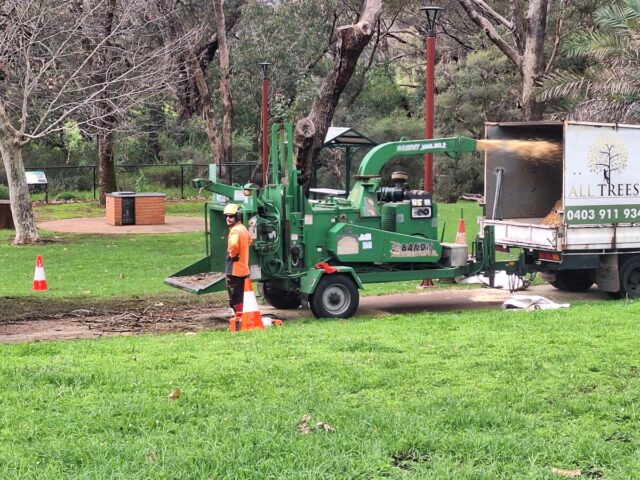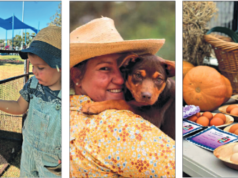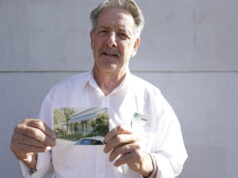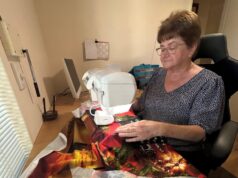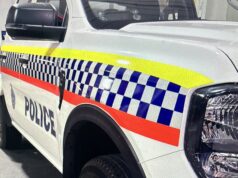Polyphagous Shot-Hole Borer (PSHB) is continuing its march across the City of Armadale. The Department of Primary Industries and Regional Development (DPIRD) has this week confirmed with the Examiner that a total of 23 trees across nine sites have now been infested by the tree-killing beetle.
The first official detection in the CoA was in Rushton Park, with three coral trees removed early last August. Trees were also removed on the Albany Highway in Bedfordale just weeks after.
The trees targeted by the borer within the City of Armadale have mostly been “coral trees (Erythrina x sykesii) and box elder maple trees (Acer negundo) on public land”, a spokesperson for DPIRD said.
“Both species are known to be highly susceptible to PSHB infestation.”
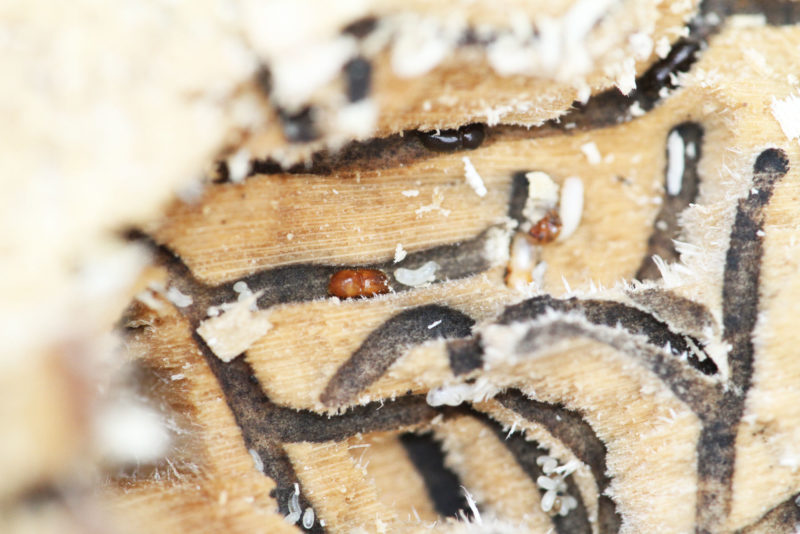
But the rate of the spread is still being kept under wraps by DPIRD. When the Examiner asked how many new detections of PSHB infestation within the City of Armadale have been recorded this calendar year, there was no response.
City of Armadale CEO Joanne Abbiss did confirm, however, that:
“The latest detection of PSHB in the city was on private property in Roleystone. The city does not know the location”.
DPIRD is not being completely forthcoming on the whereabouts of the beetle; the state government has been issuing gag orders to local governments who apply to access information about the location of infestations on private property.
Several local mayors have recently spoken out against these Non-Disclosure Agreements (NDA).
“Why would you use a non-disclosure agreement when the strength and the quality of public information and making it available can actually be your greatest weapon?” Town of Victoria Park Mayor Karen Vernon said.
“Local governments are the best partner the WA Government has in fighting against PSHB because of our ability to communicate with our directly affected communities, building awareness and knowledge that is crucial to stop tree losses.”
But next week council will decide whether the City of Armadale should sign on the dotted line.
“A report recommending that the CEO is given authority to sign the PSHB Confidentiality Deed Poll will be made to the 28 April 2025 Ordinary Council meeting,” CEO Joanne Abbiss said.
“This will allow the city to access heat maps which provide a geographical representation of PSHB infestations and PSHB positive traps.
“Even if the city does sign the PSHB Confidentiality Deed Poll with DPIRD it will not be given the locations of detections on private property. The city would receive a heat map of infestations for localities at the scale of census-mesh blocks used by the Australian Bureau of Statistics.
“The city would not be able to share these maps with the public as it will be bound by the Confidentiality Deed.
“The city already receives information on infestations on city-owned or managed land and these details can be made public specifically for public health and safety purposes.”
While the full extent of the local spread is being closely guarded, the Examiner gleaned a rough indication two weeks ago when DPIRD confirmed that PSHB had been discovered in 14 trees across two private properties within the Shire of Serpentine Jarrahdale – the first time information about the spread into the shire had been divulged to the public.
“DPIRD continues to work with the City of Armadale on tree pruning and removal, alongside its ongoing monitoring and surveillance program,” the spokesperson said.
“A Quarantine Area to prevent the movement of wood across the Perth metropolitan area remains in place to prevent the spread of the pest.”
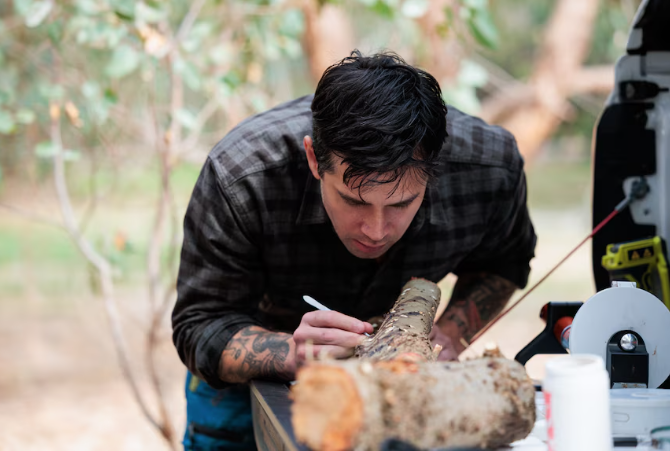
But over the course of four years, the tree-killing invader has found its way from Fremantle into just about every local government area in Perth. The quarantine area had to be expanded last year when the beetle breached the original boundary. So, serious questions are being raised as to the efficacy of the state government’s quarantine measures.
But two weeks ago, a small ray of hope appeared from a nearby local government. In an Australian-first trial, the City of Canning has reported early success using systemic chemical injections to combat PSHB in 131 trees within the Canning River Regional Park.
“The results are incredibly encouraging,” Mayor Patrick Hall said. “This could be a game-changer in protecting our urban forests.”


